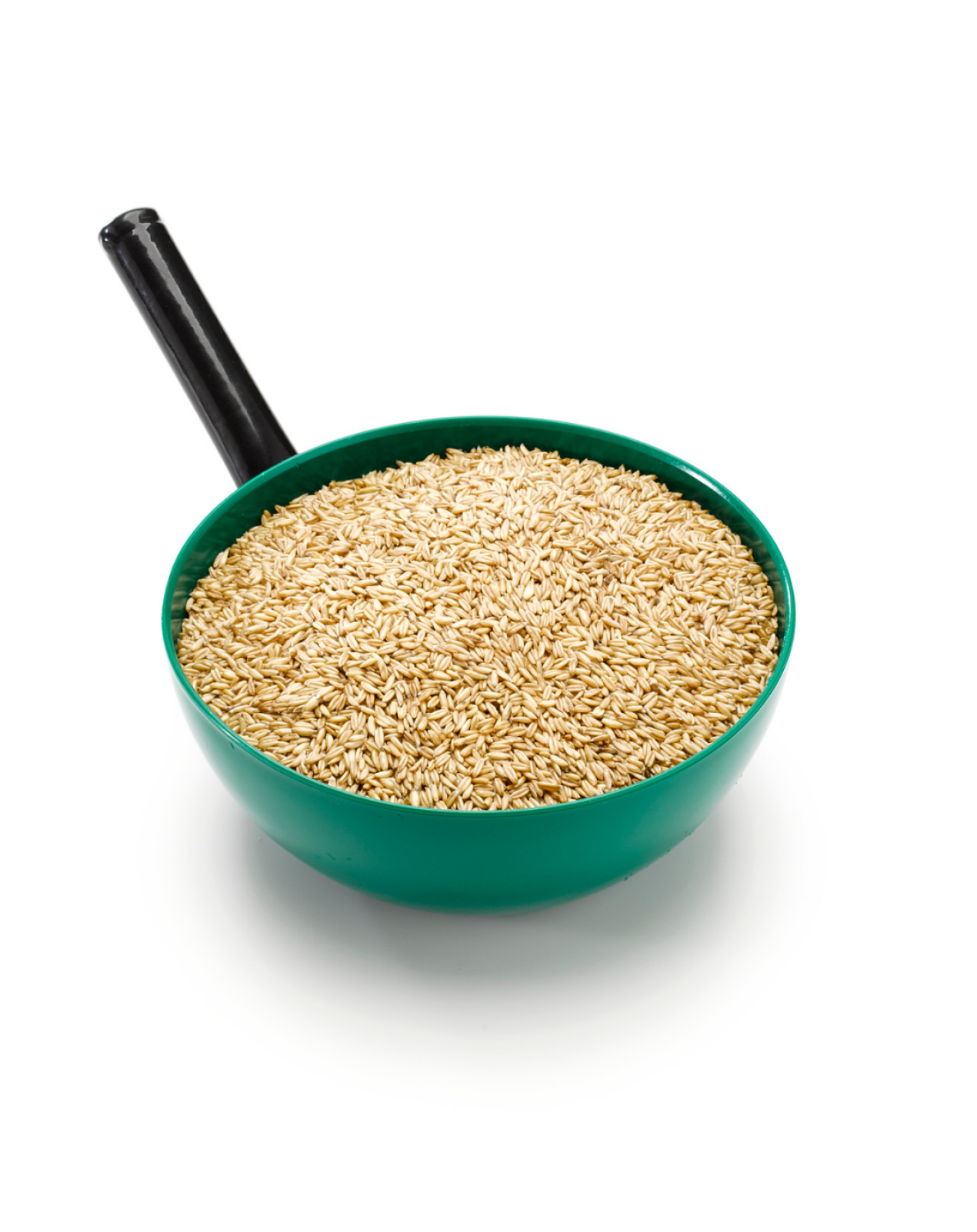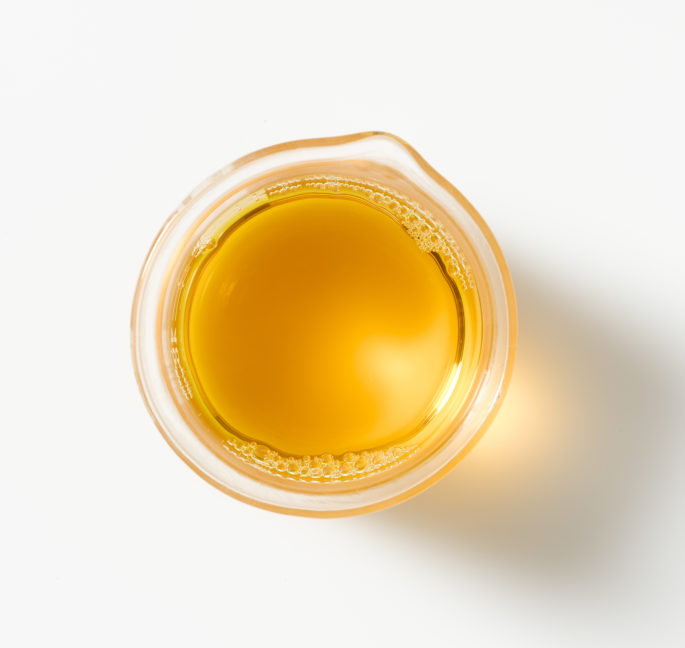The Truth About Starch
One of the most frequently debated topics in recent years is how much starch our horses should be eating. The inclusion of starch within a concentrate feed is often demonised, but what are the facts, and should we be avoiding it within our horse’s ration?

What IS starch?
Starch is a non-structural carbohydrate that is found inside the cell wall of plant material. This includes both forage and cereal grains. Starch is readily digested in the small intestine to form glucose, which is then used to provide important fuel for energy throughout the body. If excess glucose is produced, this is then stored as glycogen within the horse’s muscle and liver cells.
Does my horse need starch?
Starch (and sugar) is impossible to remove from your horse’s diet all together. Glycogen is vital for energy generation during higher levels of exercise and is the only energy source available to the central nervous system. Glycogen stored in the liver is available as glucose during exercise, and glycogen within the muscle cells is responsible for the production of ATP, the fuel for muscular contraction. Horses rely on muscle glycogen after the first few minutes of work, and depletion of of glycogen can result in a 60% decrease in anaerobic capacity during fast or prolonged exercise. Horses’ replenish glycogen very slowly, and low muscle glycogen can lead to early fatigue, and if not repleted, a slower return to typical performance. For performance horses, the inclusion of starch within their concentrate is therefore required to support both their performance and recovery rates.
The exception.
For some horses, the inclusion of starch within their ration should be monitored to ensure it is not excessive. This is the case for horses with metabolic issues, muscle myopathies or a history of gastric issues. For those with a history of gastric issues, guidelines state to not exceed more than 1g of starch / 1kg of body weight per meal, and no more than 2g starch / 1kg of body weight per day. This means a 500kg horse should not exceed more than 500g per meal, and no more than 1000g of starch per day.
For example, if feeding a Competition Mix with 26% starch, this means that feeding 3kg per day will provide 780g of starch per day. This intake should then be split into 2-3 smaller meals in order to meet recommended intakes for meal sizes. For horses with metabolic issues, current guidelines state not to exceed more than 10-12% starch (and sugar) per day. It is important to note that this is for the diet as a whole, including any forage that they might be eating. Forage analysis will highlight the contribution of carbohydrates being supplied from the forage, providing a helpful guide as to which concentrate feed may be suitable.

Alternatives?
For performance horses with a higher energy requirement but who cannot tolerate higher starch intakes, the use of fat such as oil can be beneficial in sparing muscle glycogen. Fat is readily digested by the horse and once absorbed in the small intestine, it is stored in the liver. Once here, if the body requires immediate energy for muscle contraction, the fat can be sent to the muscle cells as an energy source (diets that are higher in oil should be correctly balanced with antioxidants such as Vitamin E to reduce the effect of oxidative damage). After approximately 30 days, horses will start to use fat as an energy source prior to glucose, and so it is important to note that this change in energy source will take time to notice the benefit.
Conclusion
Low-starch diets are an important management strategy for those with medical or temperament issues where high starch diets cannot be tolerated. For ‘’normal’’ horses who are in good body condition and for those with a higher work requirement, a low-starch diet is not necessary, and starch is an important fuel source for supporting optimum performance and recovery.
Equinews
Stay up-to-date with the latest version of Equinews, a digital newsletter from Kentucky Equine Research
Need Help?
Our team are always on hand, feel free to call them Monday to Friday, 9am to 5pm.











